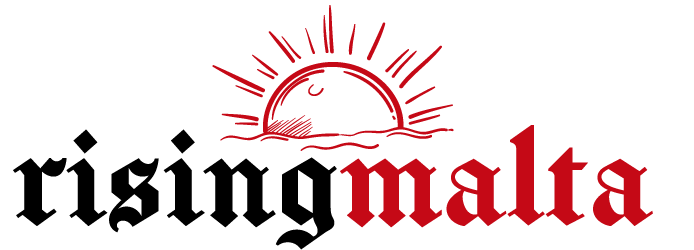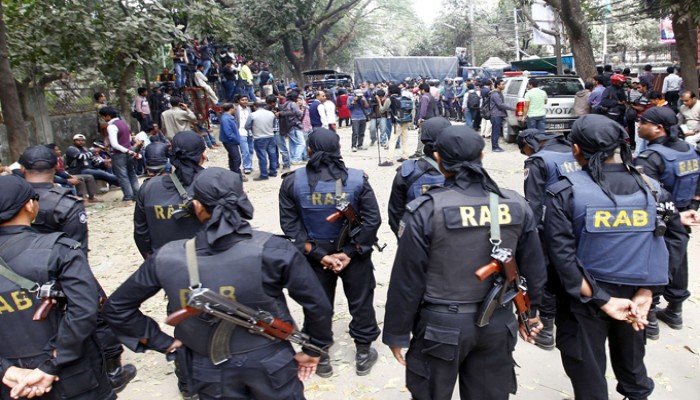
Army deployed against Student Protest
International Desk Report , Published: July 18, 2024, 9:07 pm

In Dhaka on July 17, police in Bangladesh used tear gas and rubber bullets to disperse student protesters opposing the government's job quota system. The unrest followed violent clashes the previous day that resulted in the deaths of six students and numerous injuries. In response to the escalating situation, authorities announced the indefinite closure of all public and private universities starting Wednesday.
The protests stemmed from anger over the job quota system, which reserves 30% of public sector jobs for family members of veterans from the 1971 War of Independence against Pakistan. Prime Minister Sheikh Hasina announced the formation of a judicial committee to investigate the killings.
On Wednesday, violence erupted when security forces confronted students outside Dhaka University. The students, chanting "We will not let our brothers' blood go in vain," were met with tear gas, rubber bullets, and sound grenades. The protest coordinator, Nahid Islam, reported that students were marching with coffins in solidarity with those who had been killed.
The job quotas have sparked outrage among students due to high youth unemployment rates in Bangladesh, with around 32 million young people out of work or education out of a total population of 170 million. Tensions escalated after Prime Minister Hasina, the daughter of Sheikh Mujibur Rahman, who led Bangladesh's independence, refused to meet the protesters' demands.
The protests turned violent earlier in the week, with anti-quota demonstrators clashing with members of the ruling Awami League Party's student wing. Police confirmed that six people, including three students, were killed during Tuesday's clashes.
Before the killings, Hasina had labeled those opposing the quota as "razakar," a term for alleged collaborators with the Pakistani army during the 1971 war. However, in a national address on Wednesday, she assured the students that they would receive justice and announced a judicial investigation into the killings, promising full support to the families of the victims.
These protests are the first major challenge to Hasina's government since her fourth consecutive term began in January, following an election boycotted by the opposition Bangladesh Nationalist Party (BNP). Experts attribute the unrest to stagnant job growth in the private sector, making government jobs more desirable due to their regular wage increases and other benefits.
Violence also occurred in other parts of the country, with students blocking a bridge, resulting in a 10-kilometer-long traffic jam. In Dhaka, police fired tear gas to disperse stone-throwing BNP activists during a protest. The government has deployed the Bangladesh Army starting July 19, raising concerns among some leaders about the potential for further violence or a massacre in the democratic country.